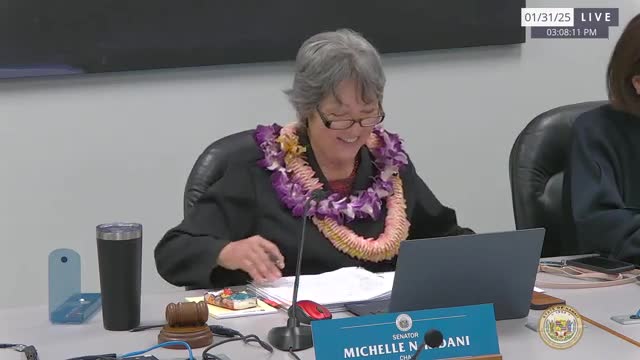Article not found
This article is no longer available. But don't worry—we've gathered other articles that discuss the same topic.
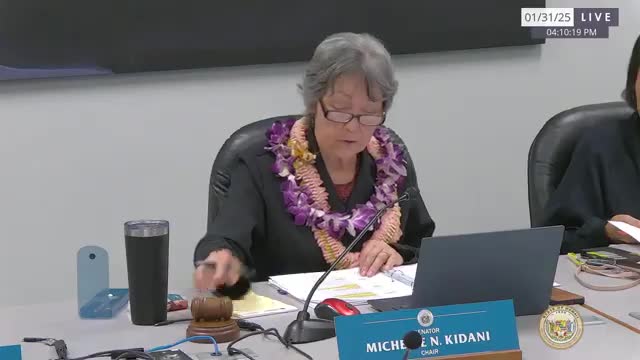
Committee advances bill to create Board of Education audit office with questions about independence and cost
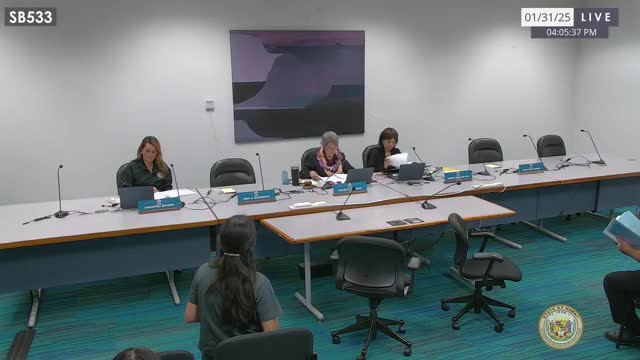
Committee advances bill to evaluate school needs during planned power shutoffs
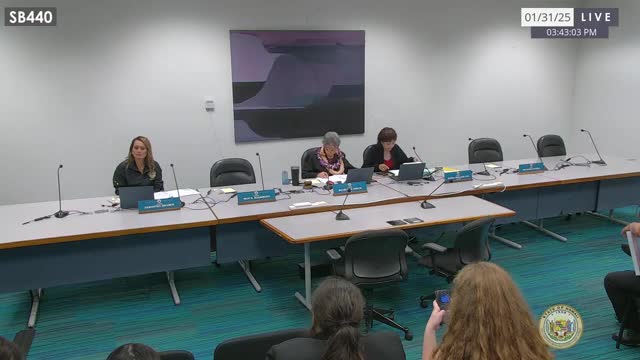
Senate panel hears safety, liability and operational questions on bill to store bronchodilators at schools
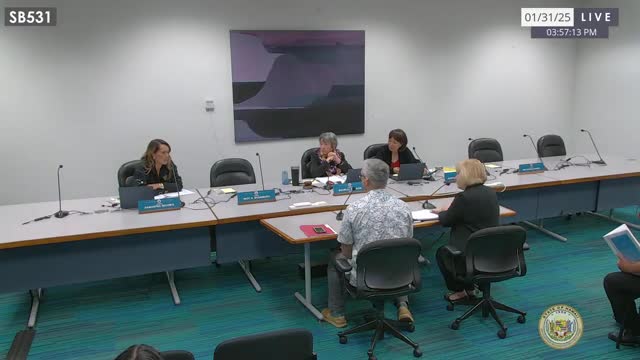
Committee moves forward on CTE teacher scholarship bill with AG licensing and reporting suggestions
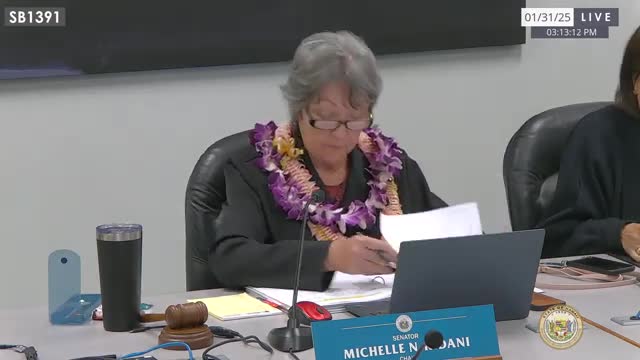
Committee backs bill to subsidize meals for ALICE households, adds AG-recommended rule language
